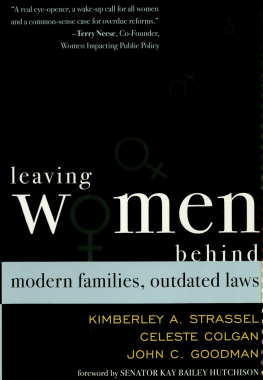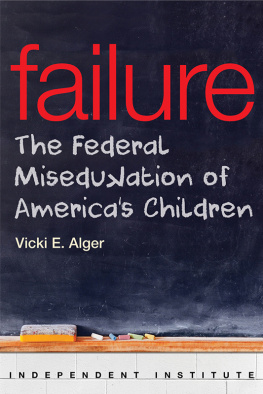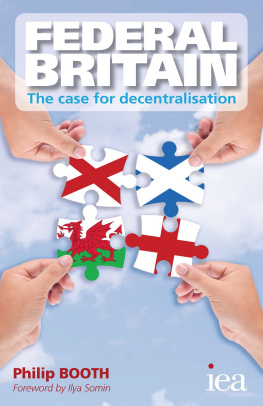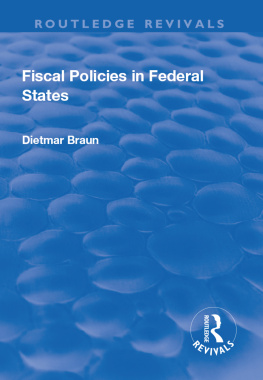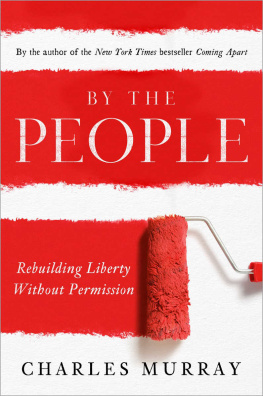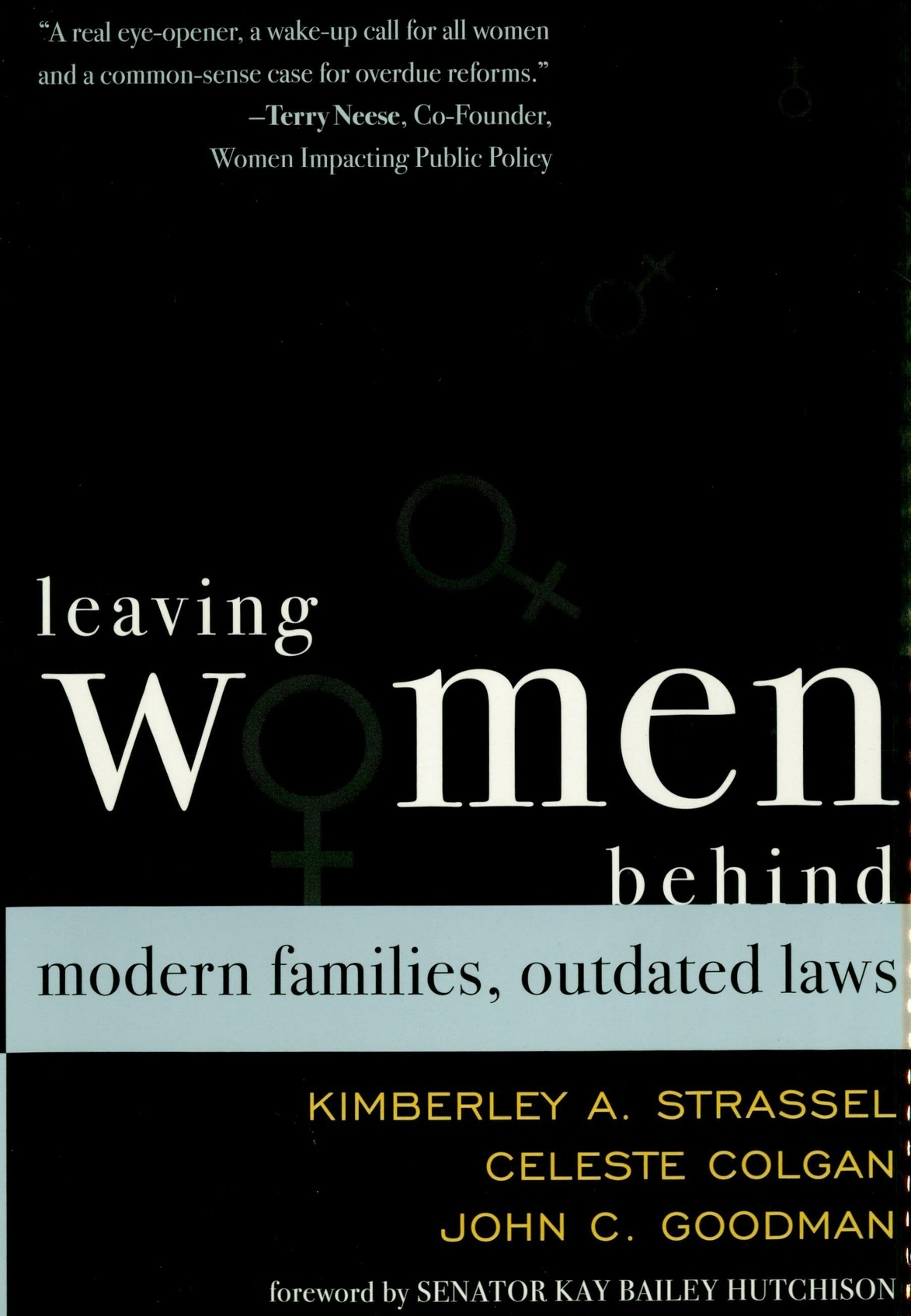Cited in Time Can Be More Important Than Money: Bring the Fair Labor Standards Act Into the 21st Century, Policy Backgrounder, Employment Policy Foundation, May 2, 2001, p. 1.
Current Population Survey, Household Data, Annual Averages, 2001. Table 8, Employed and Unemployed Full- and Part-time Workers by Age, Sex, and Race.
Edward J. McCaffery, Taxing Women: How the Marriage Penalty Affects Your Taxes (Chicago: University of Chicago Press, 1997), pp. 14244.
Sources: Employment Policy Foundation and the Bureau of Labor Statistics.
Department of Labor, Bureau of Labor Statistics, Current Population Survey, table 4. Families with own children.
Reported in Time Can Be More Important Than Money, p. 2.
James T. Bond, Ellen Galinsky, and Jennifer E. Swanberg, The 1997 National Study of the Changing Workforce , The Families and Work Institute, Pub. #W98-01, 1998.
Employment Policy Foundation, Changing Family Structure Demands Workplace Flexibility, April 4, 1997.
Center for Policy Alternatives Womens Program, Womens Voices 2000, Key Findings.
Reported in Time Can Be More Important Than Money, pp. 34.
See Denise Venable, Labor Law Discriminates Against Women, National Center for Policy Analysis, NCPA Brief Analysis No. 365, August 6, 2001.
See U.S. Department of Labor, Bureau of Labor Statistics News, Employer Costs for Employee Compensation Summary, March 18, 2003, http://www.bls.gov/news.release/ecec.nr0.htm . Wages and salaries in private industry averaged $17.06 per hour, with benefits adding an average $6.60.
Tax Expenditures and Employee Benefits: An Update From the FY 2004 Budget, Facts from EBRI, Employee Benefits Research Institute, March 2003.
Employee Benefits in Private Industry, 2000, U.S. Bureau of Labor Statistics, News USDL: 02-389, July 16, 2002.
In general, the unit cost of health insurance and retirement benefits is higher for small employers. See William J. Dennis, Jr., Wages, Health Insurance and Pension Plans: the Relationship Between Employee Compensation and Small Business Owner Income, Small Business Economics , vol. 15, no. 4, December 2000, pp. 24763.
Of persons working for businesses with fewer than 10 employees. See Paul Fronstin, Sources of Health Insurance and Characteristics of the Uninsured: Analysis of the March 2003 Current Population Survey, Employee Benefit Research Institute, EBRI Issue Brief No. 264, December 2003, figure 10, p. 12.
Of persons working for businesses with fewer than 10 employees. Craig Copeland, Employment-Based Retirement and Pension Plan Participation: Declining Levels and Geographic Differences, Employee Benefit Research Institute, EBRI Issue Brief No. 262, October 2003, figure 2, p. 7.
Diana Furchtgott-Roth and Christine Stolba, Womens Figures: An Illustrated Guide to the Economic Progress of Women in America (Washington, D.C.: The AEI Press and Independent Womens Forum, 1999).
The theory: If an employee can choose between taxable wages and an untaxed benefit, this amounts to constructive receipt of taxable income, even if the employee chooses the benefit. On this view, the benefit is regarded as equivalent to taxable income; therefore, it should be taxed as income. Based on this reasoning, if an employer allows even one employee to choose between taxable wages and an untaxed benefit the employer risks making the benefits taxable to all other employees.
If the employer pays the woman more in wages when she forgoes health insurance coverage, the employer risks making the health insurance benefit taxable to all other employees. See the previous note.

